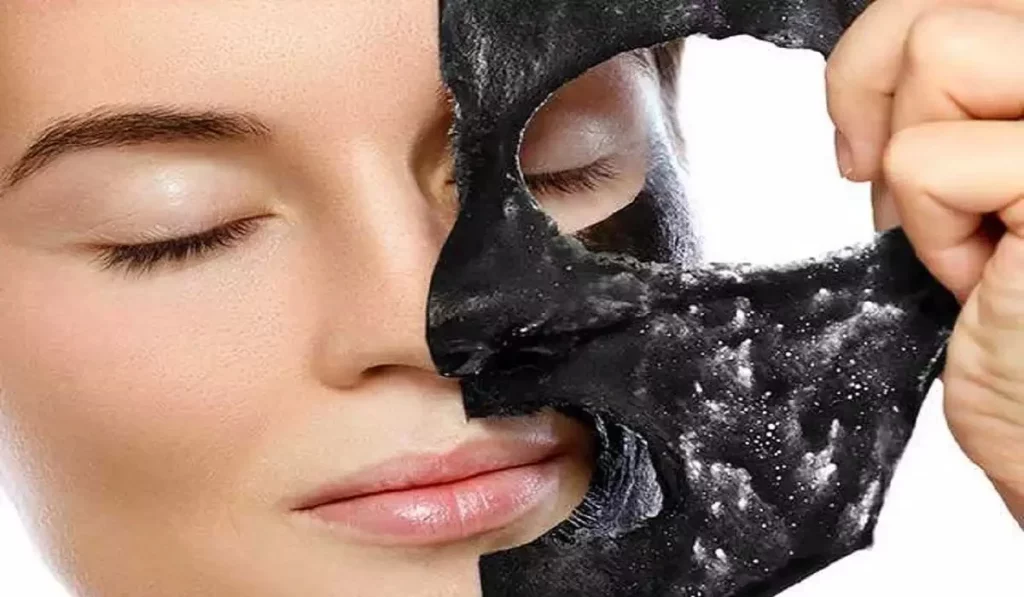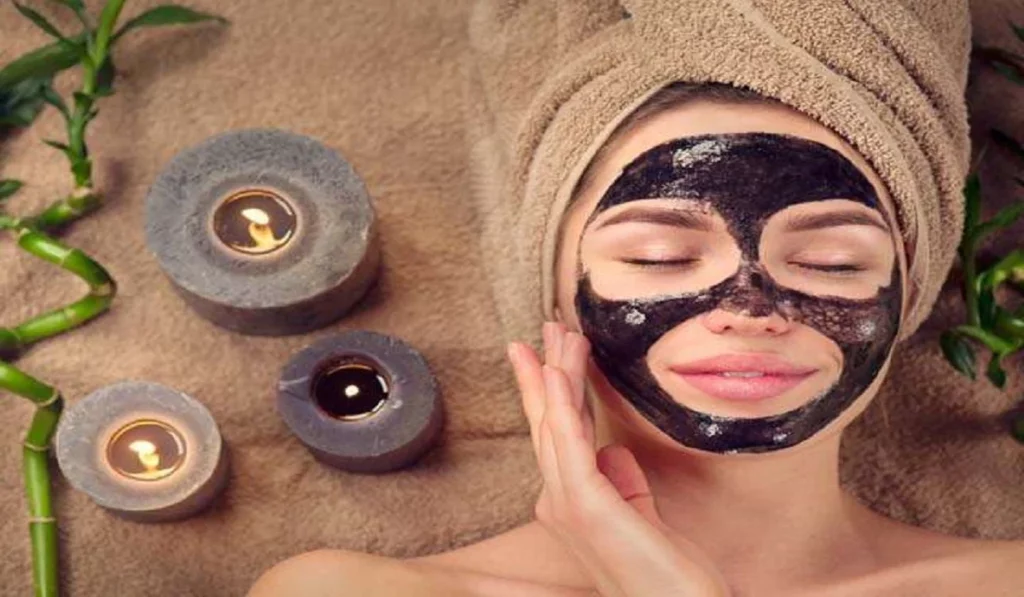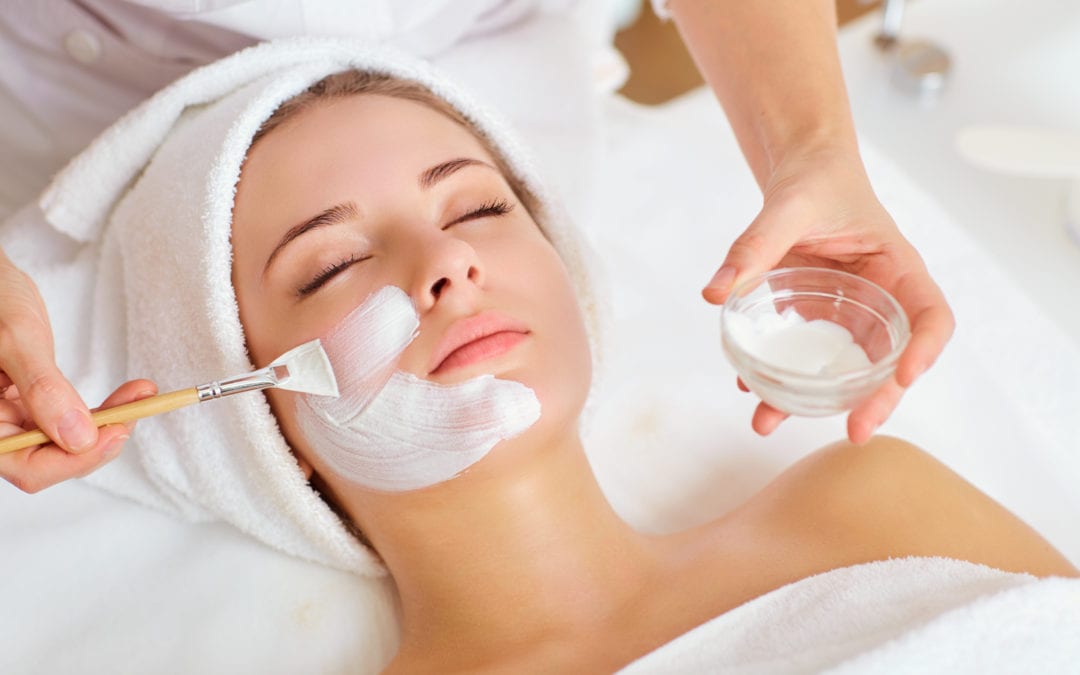The beauty and skincare realm has witnessed a remarkable surge in the adoption of charcoal masks, celebrated for their profound cleaning and detoxifying capabilities. But the question arises, what are charcoal masks, and how do they perform their skin-transforming feats? In this discussion, we demystify the concept of charcoal masks, delving into their merits, varieties, and the optimal way to integrate them into your skincare regimen.

The Scientific Foundation of Charcoal Masks
At the heart of charcoal masks lies activated charcoal, renowned for its ability to function as a magnet, drawing in and ensnaring dirt, oil, and toxins from the epidermis and its underlying pores. The porous characteristic of activated charcoal facilitates the entrapment of these contaminants, which are subsequently eliminated upon the removal of the mask.
Key Components in Charcoal Masks
In addition to activated charcoal, these formulations typically incorporate other elements such as clays, tea tree oil, or salicylic acid, each chosen for its capacity to augment the mask’s purifying and calming effects. These ingredients collectively work to diminish oiliness, ward off acne, and pacify the skin.
Detoxification Mechanism of Charcoal Masks
The detoxifying procedure employed by charcoal masks is straightforward yet potent. As the mask dries, activated charcoal attracts and captures impurities lodged within the pores, not only cleansing the skin but also minimizing pore visibility and thwarting future acne outbreaks.
Varieties of Charcoal Masks
Charcoal masks come in various formats, catering to individual preferences and skin needs, each with its distinct application and removal methodology.
Peel-off Variants
Designed to harden upon application, these variants form a peelable layer that, upon removal, strips away dead skin cells and surface debris.
Wash-off Variants
These are rinsed off with water, offering a milder detoxification alternative, ideal for sensitive skin types or those seeking a less intense cleansing experience.
Sheet Mask Variants
These blend the convenience of a no-mess application with the hydrating benefits of a fabric sheet mask, enriched with activated charcoal.
Advantages of Charcoal Masks
Incorporating charcoal masks into your skincare routine promises a myriad of benefits:
- Profound Cleansing and Detoxification: They excel in deep skin cleansing, tackling impurities that regular cleaning routines might miss.
- Pore Declogging and Oil Reduction: By eliminating excess oil and debris, these masks aid in pore declogging, enhancing skin clarity and preventing acne.
- Texture and Appearance Enhancement: With regular application, they can refine skin texture and imbue the skin with a revitalized, radiant appearance.
Optimal Application of Charcoal Masks
For maximum efficacy, it’s vital to adhere to correct application practices.
Preparation and Application:
Initiate with a cleansed face, ensuring even application while steering clear of the eyes and lips.
Duration and Frequency:
Maintain the mask for the suggested duration—typically 10 to 20 minutes—and limit use to once or twice weekly for optimal skin health.

Post-Application Care:
Conclude with a moisturizer to hydrate and seal in the mask’s benefits.
Potential Adverse Effects and Safeguards
Generally, charcoal masks are safe for most skin types, though some individuals may encounter dryness or irritation.
Awareness of Side Effects:
Being cognizant of potential adverse effects equips users to manage them effectively.
Risk Mitigation:
Conduct a patch test prior to using a new charcoal mask, especially for sensitive skin, and meticulously follow usage instructions.
DIY Charcoal Mask Formulations
For enthusiasts of homemade skincare solutions, here are straightforward recipes for crafting your charcoal masks.
Simple DIY Charcoal Mask:
Combine activated charcoal powder with aloe vera gel for a calming, purifying mask.
Charcoal Mask for Acne-Prone Skin:
Blend activated charcoal with tea tree oil and water to target acne while soothing the skin.
Expert Recommendations for Charcoal Mask Optimization
Maximize your charcoal mask benefits with these professional suggestions.
Selection Based on Skin Type:
Identify a mask that aligns with your skin type—be it oily, dry, or sensitive—to avoid adverse reactions and achieve the desired outcome.
Integration with Other Skincare Essentials:
Incorporate charcoal masks into your regimen judiciously, mindful of potential over-exfoliation or excessive active ingredient use.
Charcoal masks stand as a dynamic and efficacious component of any skincare routine, offering profound cleansing and detoxification advantages. Whether you opt for commercial products or homemade mixes, the key lies in selecting the appropriate mask for your skin type and employing it correctly. Armed with the insights and recommendations outlined in this guide, you are poised to achieve a clearer, more vibrant complexion.
- Optimal Charcoal Mask Frequency?
Utilizing a charcoal mask once or twice a week is generally sufficient for maintaining skin equilibrium and ongoing benefits. - Efficacy in Blackhead Removal?
Indeed, charcoal masks are effective in extracting blackheads by pulling out the oil and dirt clogging the pores. - Applicability for Sensitive Skin?
Yes, with a preference for gentle, wash-off formulas and prior patch testing recommended. - Recommended Duration for Charcoal Mask Application?
Adhere to the product’s guidelines, typically ranging from 10 to 20 minutes, to prevent skin irritation. - Feasibility of Homemade Charcoal Masks?
Absolutely, DIY recipes offer the flexibility to tailor the mask to your skin’s specific needs. - Charcoal vs. Clay Masks?
While both target cleansing and detoxification, charcoal masks excel in removing oil and impurities, whereas clay masks are geared towards extracting toxins and may provide additional mineral benefits.








